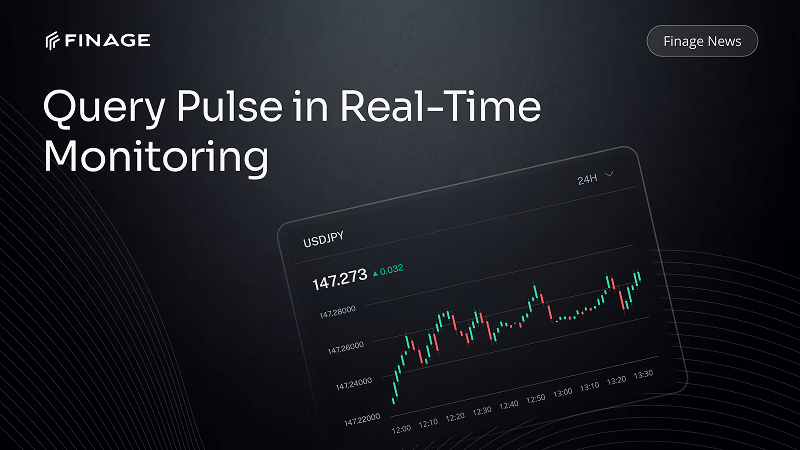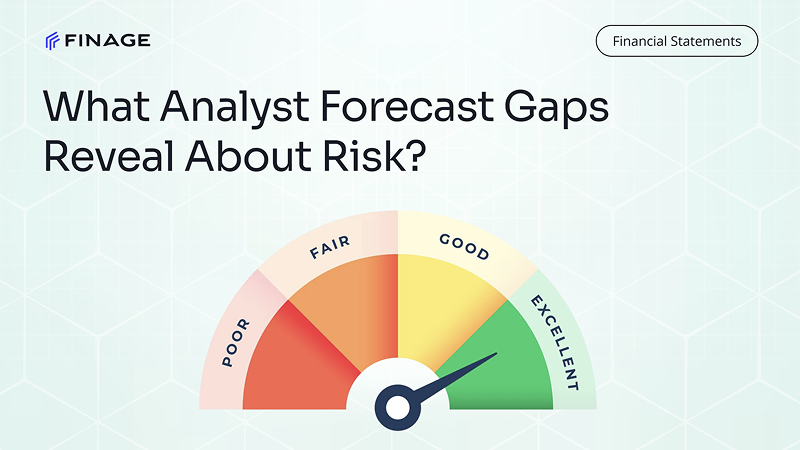The Ins and Outs of DEXs: Risks Review
5 min read • June 1, 2023

Introduction
Today, a Decentralized Exchange allows people to trade directly from their wallets. This is made possible by smart contracts. There is no need for an intermediary body between two users. Where traders would need a custodian in each transaction for Centralized Exchanges it is the opposite with this type. In centralized systems, the intermediary can be a bank or broker who facilitates transactions and thus gets a commission.
Blockchain technology and crypto developments have made decentralization possible. Through smart contracts, there can be peer-to-peer transactions. So DEXs offer smooth transactions that are very transparent. Because there is no third party involved, there are fewer risks as compared to centralized systems. So how does it work and what are some of the risks users may encounter?
Contents:
- How does it work?
- Order Books
- AMM
- Aggregators
- Potential risks review
- Malicious activities
- Lost funds
- Fund slippage
- Final thoughts
How does it work?
DEXs operate on blockchain networks that enable smart contracts. It also allows users to maintain control of their funds. When we speak about how it functions, each transaction on the (DEX) exchanges incurs a trading fee and a transaction fee, allowing users to get profit. Traders engage with blockchain-based smart contracts to access DEXs. It also comes in the following types:
- Order Book DEXs: this type matches buyers and sellers. It consists of a list of buyers and sellers in real-time. Order books use an electron system to connect buyers and sellers.
- Automated Market Makers (AMM): this is the most common type. It works with a liquidity pool that quotes prices. So users can use this tool to switch tokens. An algorithm helps determine the price of exchanges.
- DEX Aggregators: these work like engines, allowing users to find good trades. So there is no need to find the price of assets by yourself. You can simply type the assets you want to buy or sell. Aggregators will help you find the best deal.
Order Books
Of all the types, order books are more similar to Centralized Exchanges. That is because they allow people to place bids on trades. This is the amount that they are willing to pay. The order book will then make a compilation of the different prices of assets. It will then match different sellers and buyers depending on the prices offered. A subtype of this is on-chain order books. This allows users to purchase assets without placing their tokens on the line. By doing so, users can leverage their trades to minimize the risk of making losses. This leads to more profits in the long run.
AMM
Because AMM can quote prices on liquidity pools, they can determine which ones will be low before a trade is done. Automated Market Makers then pool which means separate prices when compared to other exchanges. So most people will purchase assets for a cheaper price on different pools. They will then sell the same assets at a higher price.
Aggregators
They use different software to provide the best prices. Aggregators use multiple Decentralized Exchanges to provide liquidity. That prevents slippage of large trades. This minimizes the risk of losses on any potential exchanges. This system also reduces operation costs thus allowing users to cut expenses.
Potential risks review
With all the advantages, it is easy to overlook that there are some risks associated with using Decentralized Exchange. Let’s check the main risks below:
Malicious activities
Anything that is done on the internet has a risk of attracting malicious Activities. Users have keys that provide access to tokens. The key is like a private signature and consists of a series of numbers unique to each user.
The key offers security to a cryptocurrency account. They show ownership of addresses and are used when buying or selling assets. It is important to keep the key private to avoid harmful exchanges.
Lost funds
To fund wallets, you need to use tokens on the same exchange. Doing otherwise may result in losing funds. Once you lose funds it is difficult to get them back. If for instance, a user tries to send Ethereum to Bitcoin using the address of the token, they will be lost forever. There is no way of recovering lost tokens.
Most platforms require users to have an account and assets that exist on the same DEX. This will prevent users from making significant losses. This will also make funding easier as it is done on the same account.
Fund slippage
DEXes rely on controlling price slippage. This can usually lead to a huge discrepancy between the buying and selling prices. To minimize this, platforms use slippage tolerances. This prevents prices from fluctuating by a significant margin and thus huge losses.
The liquidity pools can also contribute to losses. Also because funds may be locked during the liquidity process, users may make additional losses as they are unable to make purchases during this period.
Final thoughts
Decentralized Exchanges allow trades to be done without the need for an intermediary party. Users can buy or sell assets directly. How this is done varies on the type of DEX. Order books which work similarly to centralized ones allow users to place bids on assets and link buyers and sellers. Aggregators make it easier for users to find the assets they want at the best prices. AMM quotes prices from a liquidity pool that consists of different buyers and sellers.
Using DEX has many advantages. One advantage is that it eliminates the need for intermediary parties that cut down on expenses. This also increases the chance of making profits. However, it’s essential to note that users can face several risks. One involves losing the security key. This key is a private signature assigned to each user. Also, you cannot send tokens from one account to another. Doing so can lead to permanent losses. It is also crucial to check real-time data feeds for DEX. By using reliable trading data for DEX, you can create charts and analytics, discover arbitrage opportunities, make market analyses, and avoid risks!
You can get your Real-Time and Historical DEX Data with Finage free DEX Data API key.
Build with us today!
Claim Your Free API Key Today
Access stock, forex and crypto market data with a free API key—no credit card required.

Stay Informed, Stay Ahead
Finage Blog: Data-Driven Insights & Ideas
Discover company news, announcements, updates, guides and more

.png)
